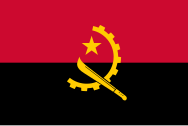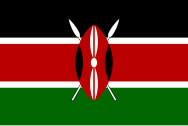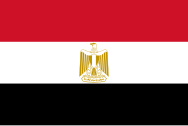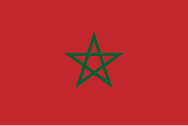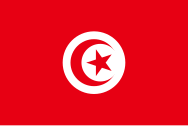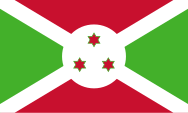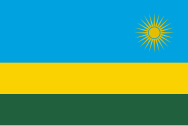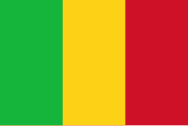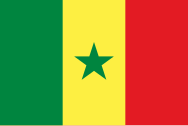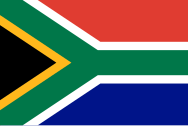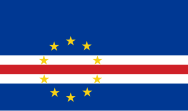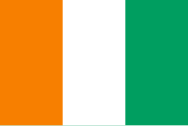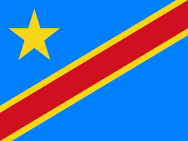- Guinea-Bissau - History
- Guinea-Bissau - Kingdoms
- Guinea-Bissau - Royal Archives
- Guinea-Bissau - Treaties
- Guinea-Bissau - Economy
- Guinea-Bissau - Technology
- Guinea-Bissau - Diaspora
- Guinea-Bissau - Culture
- Guinea-Bissau - Migration
- Guinea-Bissau - Museums
- Guinea-Bissau - Architecture
- Guinea-Bissau - Education
- Guinea-Bissau - Geneology
- Guinea-Bissau - Music
- Guinea-Bissau - Art
- Guinea-Bissau - Dance
- Guinea-Bissau - General
- Guinea-Bissau - People
Guinea-Bissau

Country Flag
Guinea-Bissau officially the Republic of Guinea-Bissau (Portuguese: República da Guiné-Bissau [???pu?lik? ð? ?i?n? ?i?saw]), is a country in West Africa that covers 36,125 square kilometres (13,948 sq mi) with an estimated population of 2,026,778. It borders Senegal to its north and Guinea to its southeast.
Guinea-Bissau was once part of the kingdom of Kaabu, as well as part of the Mali Empire. Parts of this kingdom persisted until the 18th century, while a few others had been under some rule by the Portuguese Empire since the 16th century. In the 19th century, it was colonised as Portuguese Guinea. Portuguese control was restricted and weak until the early 20th century, when its pacification campaigns solidified Portuguese sovereignty in the area. The final Portuguese victory over the last remaining bastion of mainland resistance came in 1915, with the conquest of the Papel-ruled Kingdom of Bissau by the Portuguese military officer Teixeira Pinto and the Wolof mercenary Abdul Injai.
The Bissagos, islands off the coast of Guinea-Bissau, were officially conquered in 1936, ensuring Portuguese control of both the mainland and islands of the region.
Upon independence, declared in 1973 and recognised in 1974, the name of its capital, Bissau, was added to the country's name to prevent confusion with Guinea (formerly French Guinea). Guinea-Bissau has had a history of political instability since independence. The current president is Umaro Sissoco Embaló, who was elected on 29 December 2019.
About 2% of the population speaks Portuguese, the official language, as a first language, and 33% speak it as a second language. Guinea-Bissau Creole, a Portuguese-based creole, is the national language and also considered the language of unity. According to a 2012 study, 54% of the population speak Creole as a first language and about 40% speak it as a second language. The remainder speak a variety of native African languages.
The nation is home to numerous followers of Islam, Christianity, and multiple traditional faiths. The country's per capita gross domestic product is one of the lowest in the world.
Guinea-Bissau is a member of the United Nations, African Union, Economic Community of West African States, Organisation of Islamic Cooperation, Community of Portuguese Language Countries, Organisation internationale de la Francophonie, and the South Atlantic Peace and Cooperation Zone. It was also a member of the now-defunct Latin Union.


